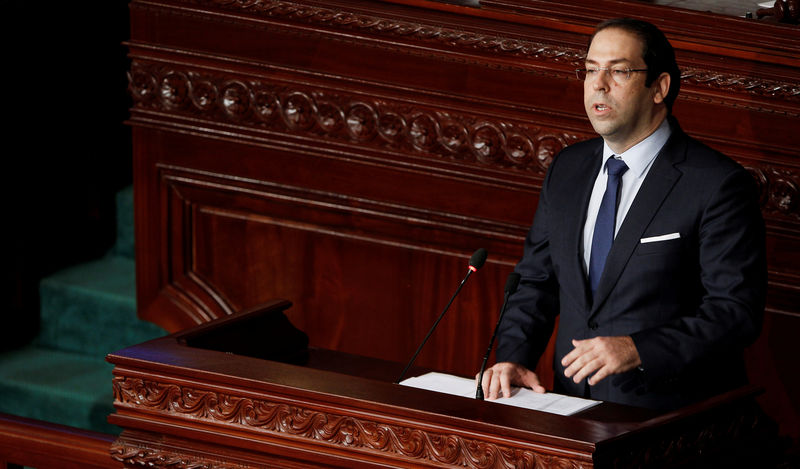By Susan Cornwell
WASHINGTON (Reuters) - The grassroots group that helped propel U.S. Representative Alexandria Ocasio-Cortez into Congress is taking on Democratic party leaders over what critics call an effort to deter liberal candidates from running against more moderate incumbents.
Justice Democrats debuted a new website late Thursday to help progressive primary challengers get the communications, advertising and digital resources they need to mount campaigns for the 2020 congressional elections.
The announcement was a direct challenge to the party's official campaign arm, the Democratic Congressional Campaign Committee (DCCC). Last month, the DCCC said it would not do business with political consultants and firms that help candidates challenging Democratic members of Congress next year.
Ocasio-Cortez shocked the Democratic establishment last year with a primary challenge that ousted a senior Democrat, Representative Joe Crowley.
The DCCC policy, which party aides say codifies a long-time informal arrangement, could make it harder for political newcomers to attract top political consulting talent.
Justice Democrats denounced the policy as "bullying" and said it was launching DCCCBlacklist.com to fight back.
"We're building a network of alternative infrastructure to help progressive candidates find a path to Congress and create a Democratic Party that fights for its voters, not big corporate donors," Alexandra Rojas, executive director of Justice Democrats, said in a statement.
Justice Democrats are trying to recruit liberal upstarts for 2020 after the success of candidates such as Ocasio-Cortez and Ayanna Pressley, another freshman congresswoman who beat an incumbent Democrat in 2018.
Both women denounced the DCCC policy on Twitter, with Pressley saying it risked undermining "an entire universe of potential candidates and vendors - especially women and people of color - whose ideas, energy, and innovation need a place in our party."
DCCC NOT BACKING DOWN
The DCCC, currently led by Representative Cheri Bustos, spent $84.5 million in the 2018 election cycle on services such as research, polling and advertising for Democratic campaigns.
Bustos has met with House members concerned about the DCCC policy adopted last month, but she has not backed down. Democratic aides said there is no ideological test to the policy; the goal is to protect sitting members of Congress.
DCCC spokesman Cole Leiter said on Friday the "transparent policy" follows through on Bustos' promise to "protect every member of the most diverse caucus in congressional history as we work to defend and grow our Democratic majority."
Bustos, whose Illinois district voted for Trump in the 2016 presidential election, is a leader among Democratic moderates, having advised many of them last year on how to flip Republican districts. Democrats regained control of the House of Representatives in November.
House Majority Leader Steny Hoyer supports the DCCC policy, a spokeswoman said.
"The DCCC's mission is to protect incumbents and expand our majority, and it is reasonable to expect that member dues are used for that purpose," she said.
The first 2020 target for Justice Democrats is Representative Henry Cuellar. The seven-term congressman from Texas is one of the more conservative Democrats in the House.
Cuellar's campaign manager Colin Strother mocked the progressive political organization's criticism of the DCCC.

"It's a very entitled world view ... to think that you can take on incumbent members in good standing, and then still get business with the DCCC," he said.